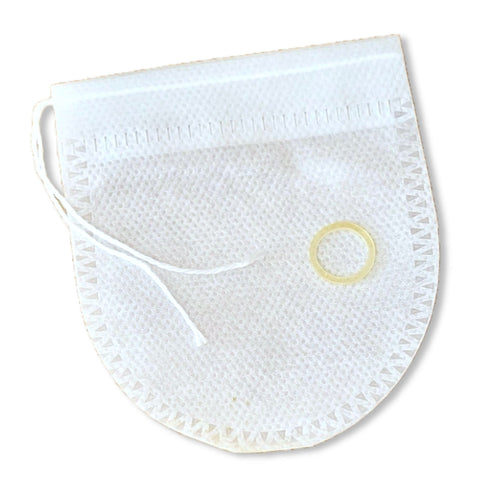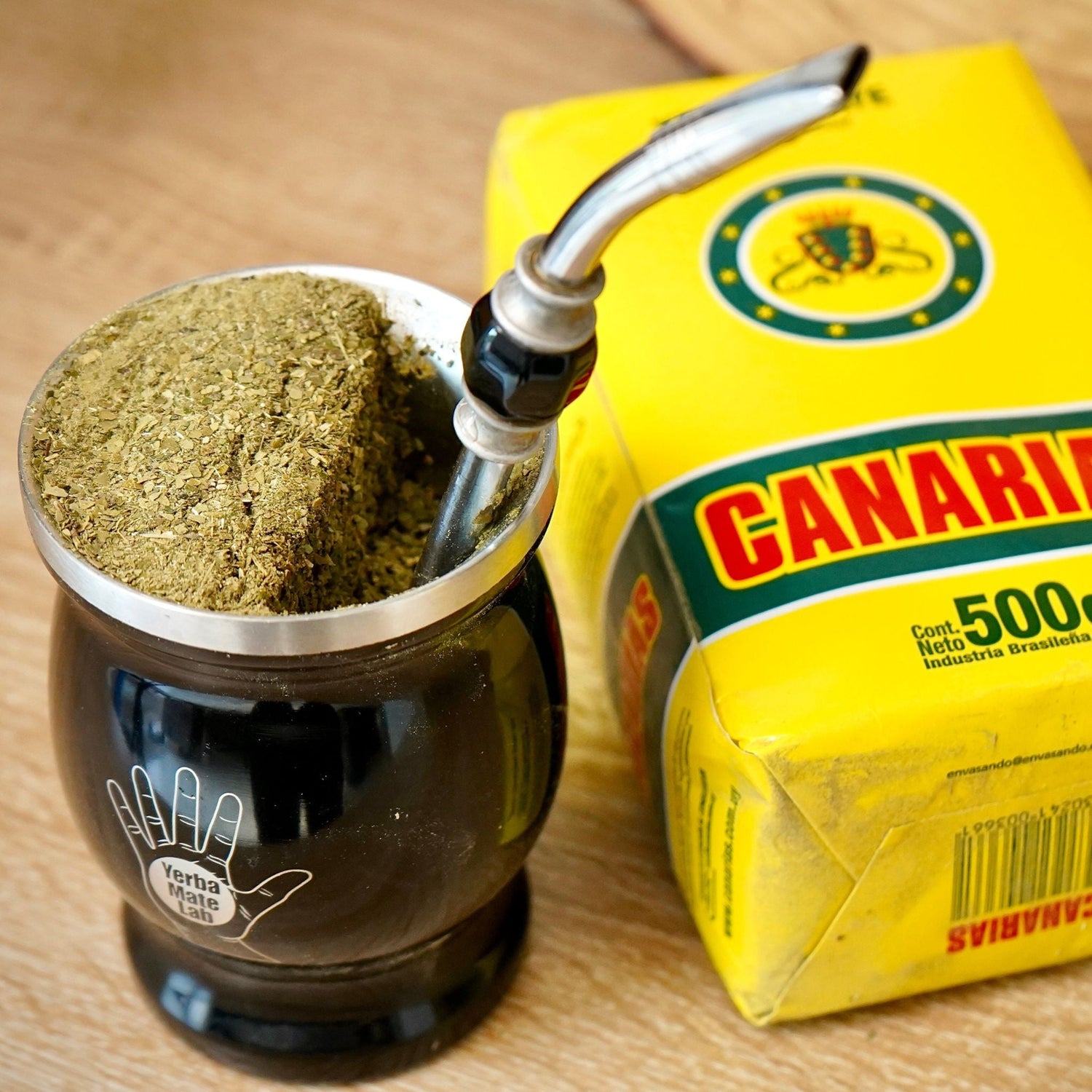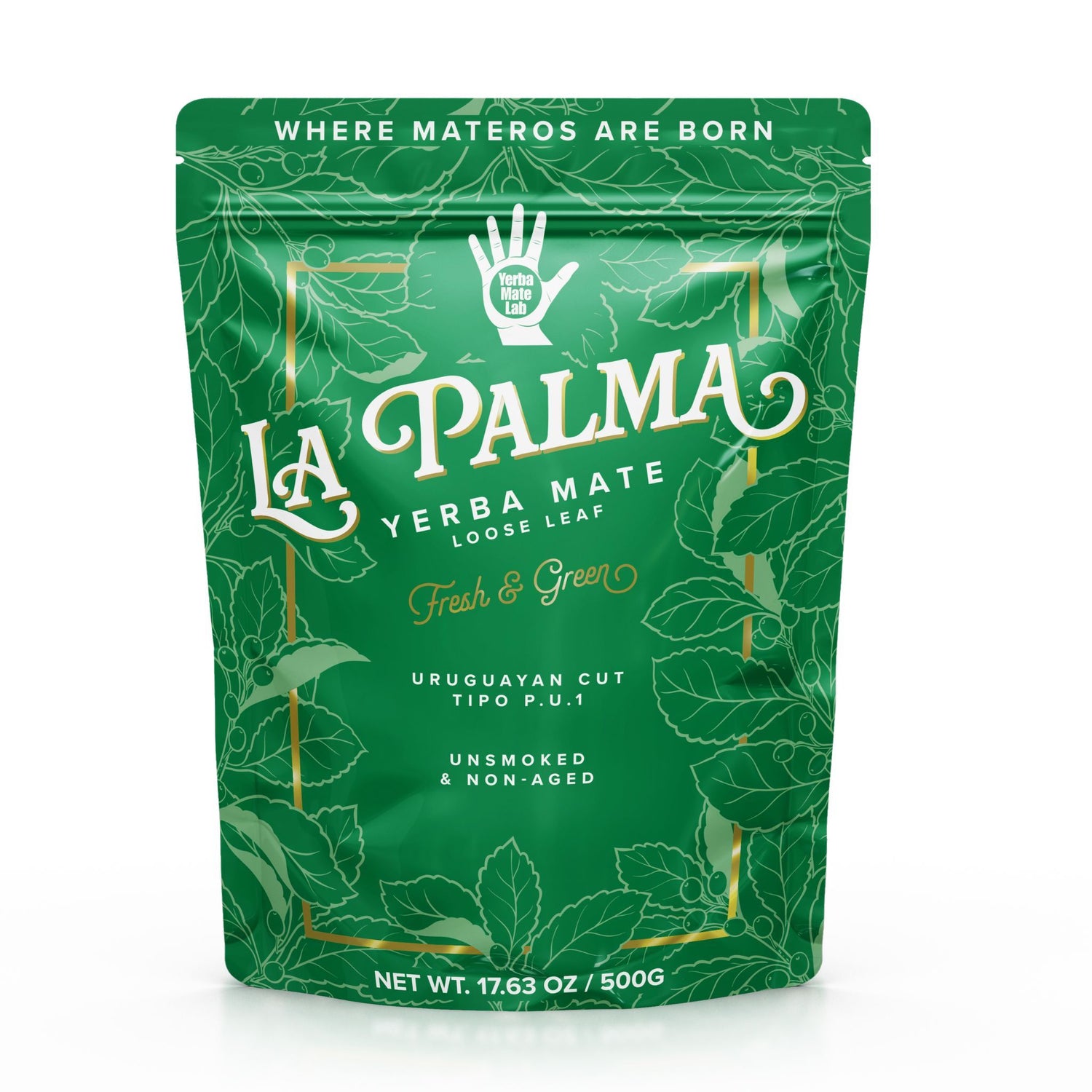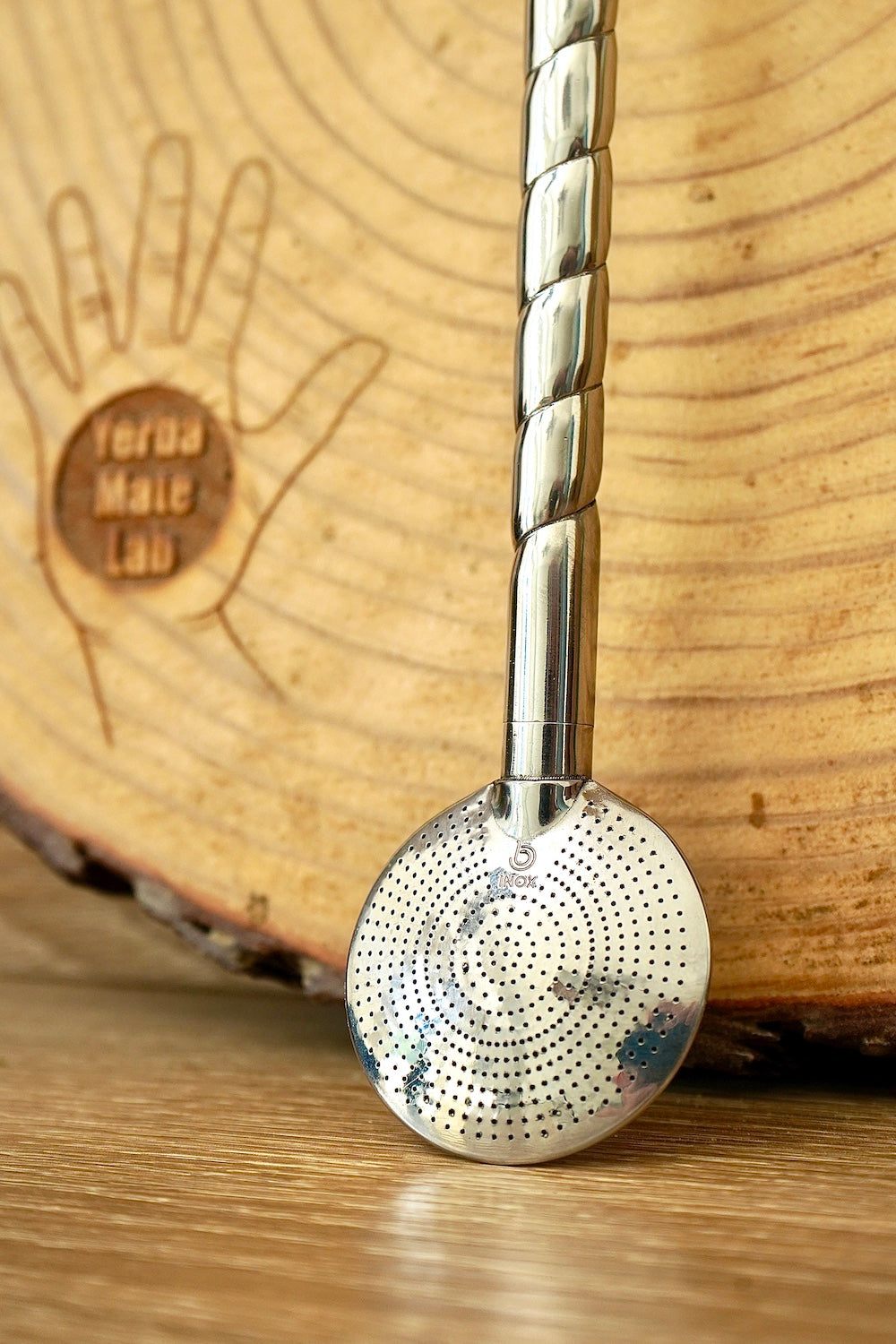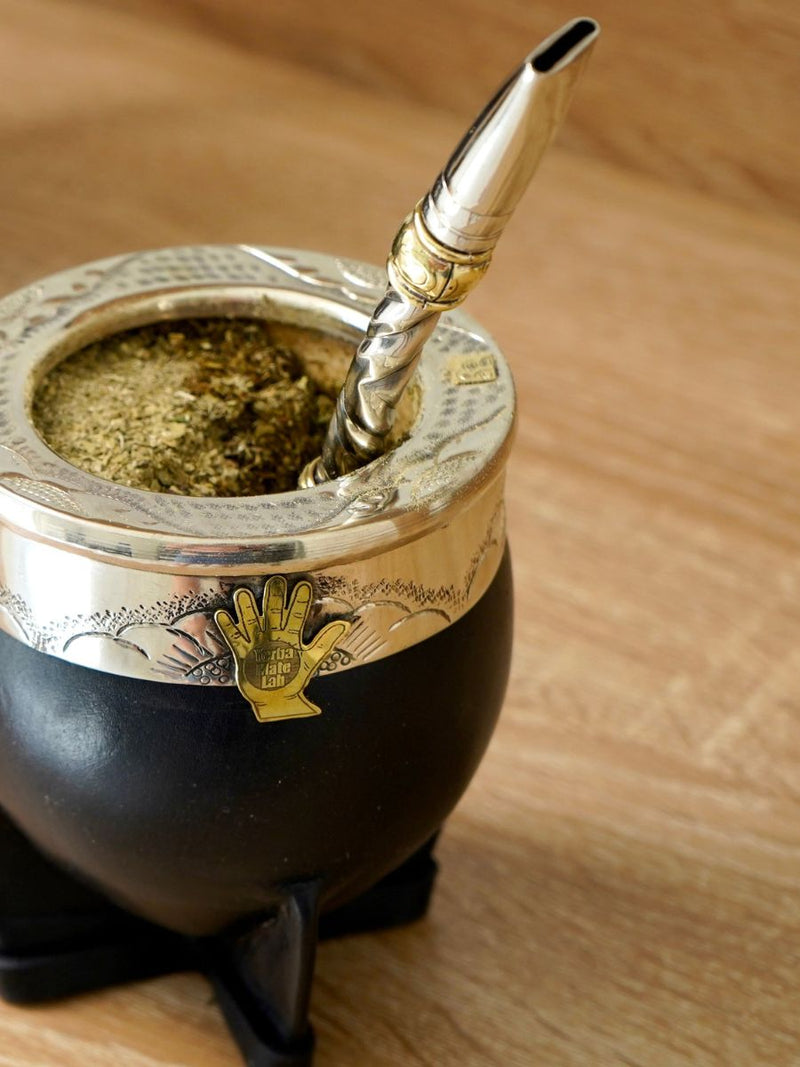No one likes to talk about this.
If you bring up your worries about cancer to someone who’s passionate about yerba mate, you’ll most likely aggravate them. Not because you’re hitting them with the cold hard truth, but because they correctly assume you don’t know the full picture and are too overly concerned.
You see, most long-time yerba mate drinkers get this question all the time.
Does yerba mate cause cancer? Isn’t it unhealthy? Is It safe to drink?
They get this so often they’re even tired of hearing it.
I never wanted to talk about this either because I’m in no position to tell you what’s safe and unsafe to drink, or what to believe or not to believe. And frankly, it’s too much to dive in to. But because so many people are talking about it, I’ll only put in my two cents and my current understanding of the matter.
So to begin, let’s lay out why people are worried in the first place…
Why Does Yerba Mate Cause Cancer?
Years ago, studies showed an association between yerba mate and increased risk of esophageal cancer. The studies, however, were flawed. Some subjects were already ill, some consumed alcohol, and some smoked tobacco.
Despite this though, they were still able to find a possible relation between yerba mate and cancer.
Because yerba mate is smoke-dried (over burning wood) when processed, they believed this to be the cause.
This smoking method imparts a carcinogenic chemical known as PAH (polycyclic aromatic hydrocarbons) to the leaves that can be released when brewing. And studies have found a number of yerba mate brands to contain a high content of it. Any brand that participates in this drying method (which is the majority), most likely contain PAHs.
Naturally, this worries people.
But I’ll tell you why it doesn’t worry me (and why it shouldn’t worry you)…
Yerba Mate PAH Level
Believe it or not, there’s a high chance you’re already exposed to this carcinogenic compound – PAH – on a daily basis, without even knowing it.
If you smoke, you’re exposed to PAH.
If you eat barbecued, smoked, grilled, or roasted food, you’re exposed to PAH.
If you eat fruits, vegetables, and grains, you’re exposed to PAH.
Even if you use soap or shampoo, you’re potentially exposed to PAH.
PAH is ubiquitous and can be found in the air, water, and soil in varying degrees. To try to avoid it is nearly impossible. And to avoid yerba mate, for this sole reason, is laughable.
Because you know what else contains PAH?
Coffee of all roasts, white tea, green tea, black tea, and red tea.
Should we then avoid these drinks too even though many studies have shown them to be helpful in preventing disease and lowering death rates?
Probably not.
Then why only be concerned with yerba mate containing this carcinogen?
Now to clarify, none of this is to say PAH is safe or healthy. It’s not. But it’s also not the main reason why yerba mate seems to be closely associated with cancer.
This is…
Yerba Mate And Cancer
What studies have found to be the main cause of cancer regarding yerba mate is the temperature it’s consumed at – not the yerba mate itself.
I repeat: it’s the water temperature, not yerba mate.
Native countries in South America such as Argentina and Uruguay, are known to drink mate at hot temperatures in the 158-185ºF (70-85ºC) range. Consuming fluids of any kind at these temperatures seem to increase the risk of esophageal cancer.
And considering how much (1-3 liters a day) and how often (daily) the average South American drinks mate, it’s reasonable to see why esophageal cancer seems to be a major health problem, more specifically in Uruguay.
However, contrary to all this, a more recent article in January 2019 by Memorial Sloan Kettering Cancer Center states,
There has never been solid evidence that drinking hot liquids alone will increase esophageal cancer risk.
If this is the case, then the only cancer risk yerba mate seems to pose is its PAH content. But even that doesn’t seem to be much of an issue according to this study done in 2018 which states,
Considering that there is little evidence that these beverages contain high amounts of PAH, it has become the prevailing hypothesis that the risk might not be inherent to natural compounds contained in mate, or to compounds produced during processing, but rather due to a temperature effect… The temperature effect but not PAH exposure may pose an oesophageal cancer risk.
If it’s neither PAHs or water temperature, then what is it?
The only solid evidence so far for yerba mate increasing the risk of cancer seems to be when it’s consumed in conjunction with smoking and consuming alcohol. Other lifestyle factors such as obesity and diet may also play a role, which leads me to my next point…
Bigger Things To Worry About
Let’s admit it: we’re all afraid of getting cancer.
But there are probably several things you’re already doing (and/or not doing) daily that create a greater risk for cancer, whether it be smoking, consuming lots of alcohol, being sedentary, or eating a high processed food diet.
If you’re not attending to these things first, worrying about yerba mate giving you cancer or being unhealthy, and determining whether it’s worth drinking or not, should be the last thing on your mind.
Plus, chances are, you’re already consuming liquids that also contain levels of PAH and at very hot temperatures (coffee for instance which brews at 195-205ºF).
Why not start there if you’re so concerned?
Besides, compared to other drinks that are possibly linked to cancer, yet are still consumed daily such as soda and fruit juices, yerba mate’s risk shouldn’t be nearly as concerning, especially when it’s natural, sugar-free, and packed with micronutrients you probably don’t get in your everyday diet.
How To Stay Safe
If you still want to drink yerba mate but want to lower your risk of health problems, you can always opt for organic unsmoked brands. Unsmoked brands are usually air-dried instead which may significantly reduce the PAH content as no smoke is introduced to the leaves.
Some good brands that come to mind include:
Another thing to take into consideration is your water temperature. Despite the previous study suggesting hot liquids don’t increase the risk of cancer, I still wouldn’t take the chance. Instead, I’d recommend drinking at whatever temperature is comfortable for you. I like to stick around 140-160ºF. But if 160ºF is too hot for you, go lower.
Lastly, be cautious about drinking mate alongside smoking and alcohol consumption. This seems to be most clear in increasing cancer risk.
Final Words
Even with everything stated in this article, more research is required for a solid concrete answer to be given. Some of the studies contradict one another, so the only thing you (and I) can do is make the best decision for ourselves.
Personally, I’m not worried.
I’ve been drinking mate for over three years now and I’ve never felt better.
I think the fear around yerba mate is exaggerated, so much that people are hesitant to even drink it without having to confirm its safe first. Meanwhile, drinks like soda and alcohol which may pose a greater risk are consumed without second thought.
The fear is also rooted in something quite minuscule – PAH – especially when we’re already exposed to it regularly.
Let’s face it: most things are (and can be) shown to cause or be associated with cancer somehow – but we do these things anyway.
The most we can do is reduce our risk.
But I don’t think to avoid yerba mate – a nutritious plant with numerous healthy vitamins, minerals, antioxidants, polyphenols, xanthines, saponins, and more – is going to do a great job at that. Rather, the opposite.
P.S. Nothing in this post should be taken as absolute fact or used as medical advice. These are only my thoughts and opinions. Seeking a professional first is always recommended.

